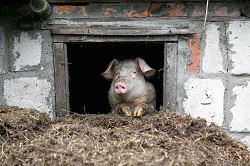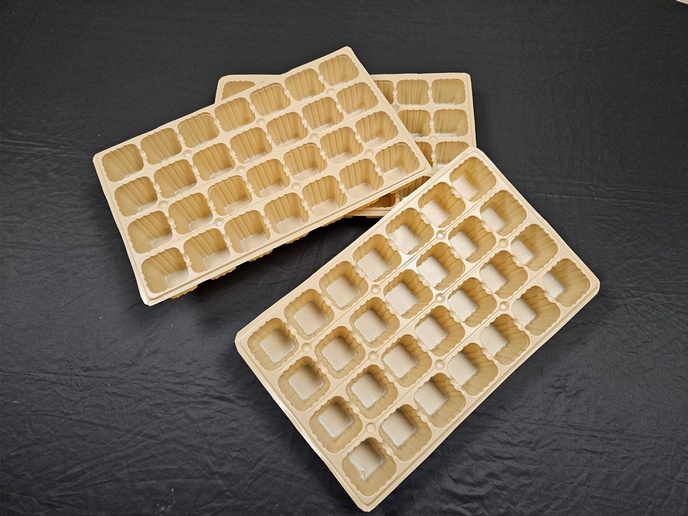Happier cows for a cleaner planet
Livestock produce much of the methane and nitrous oxide emissions that contribute to global warming. This presents a complex dilemma between maintaining meat production standards and managing greenhouse gas emissions. Researchers from the EU-funded BEHENT (Understanding the contribution of cattle behaviour to variations in feed efficiency and greenhouse gas emissions and the welfare consequences of improving environmental sustainability) project have found a way to enhance productivity and efficiency while decreasing greenhouse gas emissions. The secret lies in farming happy cattle and feeding them well. Residual feed intake (RFI) is used to measure feed efficiency – it is the difference between actual feed intake and expected feed requirements. Because RFI is partially heritable, different breeds show differing efficiencies. In this case, Charolais cattle proved to be more efficient than Luing. In addition, animal behaviour and welfare also contribute to variations in RFI. The study measured animal behaviour and stress sensitivity using temperament tests, infrared thermography, heart rate and biological assays. Researchers found that more temperamental animals showed reduced feeding efficiency and stressed animals emitted more methane. More mobile animals and those that forage for food produced more methane than animals on a concentrated and optimised diet. On the other hand we found that dominance interactions decreased productivity and efficiency by altering the feeding behaviour patterns. The advanced techniques and results established in this study will help companies develop optimal breeding strategies for modern livestock production. Cattle can be housed or bred to be more resilient to stress, have better feed efficiency and produce less methane, all the while maintaining meat production.







